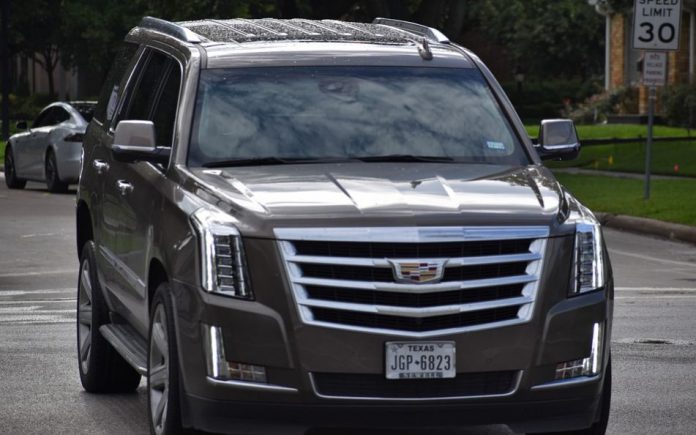With the growing economic crisis and inflation, the price of new car price climbing up used vehicles or pre-owned cars have become increasingly more appealing and in demand.
Equally, the value of new cars depreciates as soon as they are driven out a seller’s lot becoming a target for practical buyers.
On the other hand, there is a price that comes along with this situation and concerns arise with regards to buying another’s problem.
Nevertheless, practical minds bear in mind value as their goal.
With mind-sets in this mode, most practical buyers explore the resource guides and sharpen their negotiating skills:
One key step is to test drive both the seller and the car. This basically means knowing as much information about the vehicle for sale before setting out to see it as well as getting to know the seller ‘an individual or a dealership’ to avoid buying someone else’s problems.
Some important information to gather from the seller including a car dealer is the reason why the car is being sold, how many meters are indicated on the odometer, what the condition of the car is, the special features of the car.
If the seller is the original owner; if the vehicle was ever involved in an accident; if the service record is available, how much does the car cost and other relevant information you think you need to know. It is best to make a list of what you want to know in case you might forget.
After gathering the listed information, it is very necessary that you inspect the used car. Remember that the quality of a car is not always seen on the outside appearance but rather on the inside.
Inspect the presence of rust during the daylight, rust bubbles will become full-scale rust spots and holes. Be sure that you start looking from the bottom proceeding to the structural parts and wheel wells and the muffle and exhaust pipes.
Be sure you do a thorough check because even the bottom of the door is rusted but cannot be seen from outside.
Look at the tires as well as it will tell you how the car has been used and taken care of. Are the treads complete and has it worn evenly or uneven? If the tires are worn out and the mileage is low this is a reason to check further for more sense.
You will need to ask the seller or dealer as it wouldn’t hurt to ask one. Take your time to look around for some ruts and dents outside the car. After checking out the trunk or hatch and the engine compartment, it is time to switch and start the car.
Now do tests drive and make the most of it. Do some parallel park and check visibility at the back, head for the highway, and accelerate to the traffic check engine noise, smooth engine transmission.
Is the alignment right? do the brakes work well also check the seat if it’s comfortable, and convenient to go in and out. Every little thing matters as it is always best to get no or little annoyance when driving a car.
Then move on to post-drive the car by checking the engine while the car is running. Make sure there are no leaks; use your sense of smell and hearing.
How about the smoke quality is it clear or not? Turn to the papers and ask who the owner is, check for the authenticity of the documents and other necessary information.
After checking it yourself a second opinion is necessary, this time call an expert mechanic for professional guidance.
The last thing to make sure when you have agreed on the price and papers, as well as the car, is convenient for you, is to beware of odd payment scenarios. Better yet to pay in cash to the right person.
Never give out your credit card details or other important financial details. Some may ask you to issue a check to another person’s name, this is actually a stupid thing to do but there are people who get fooled this way.

